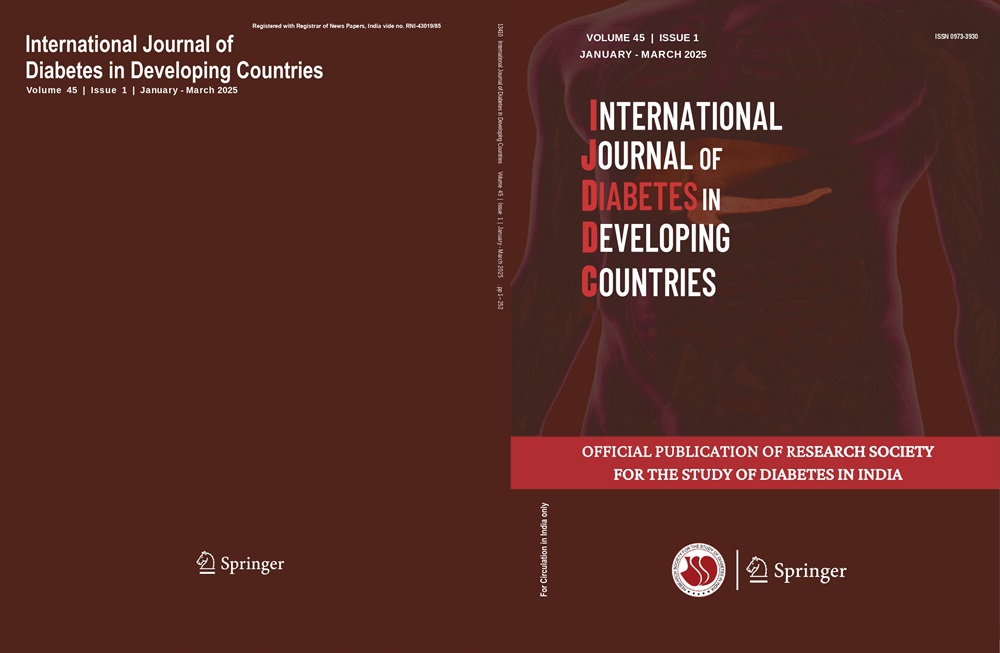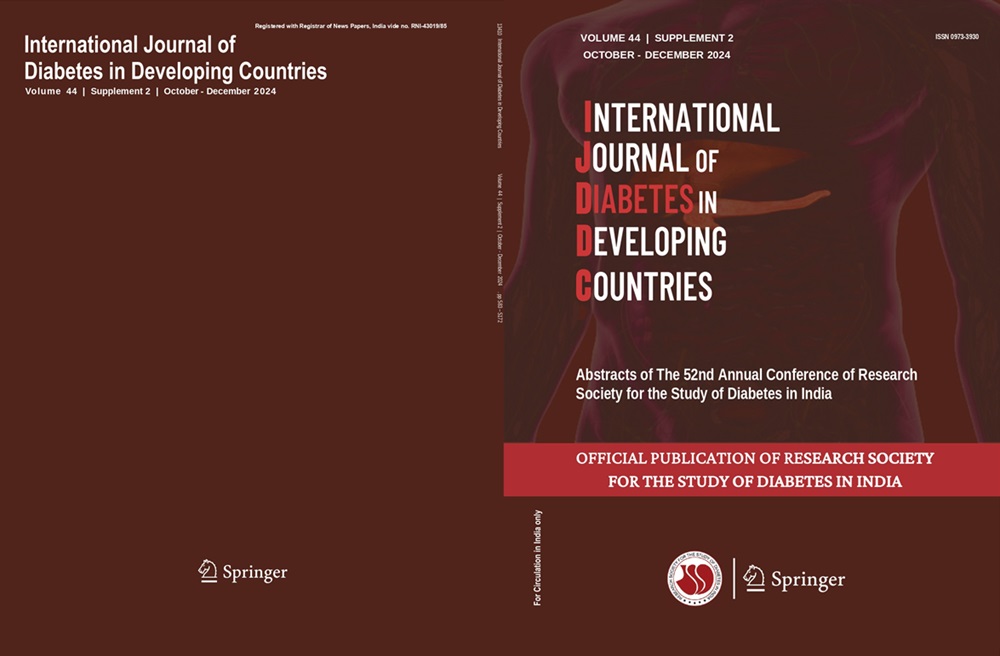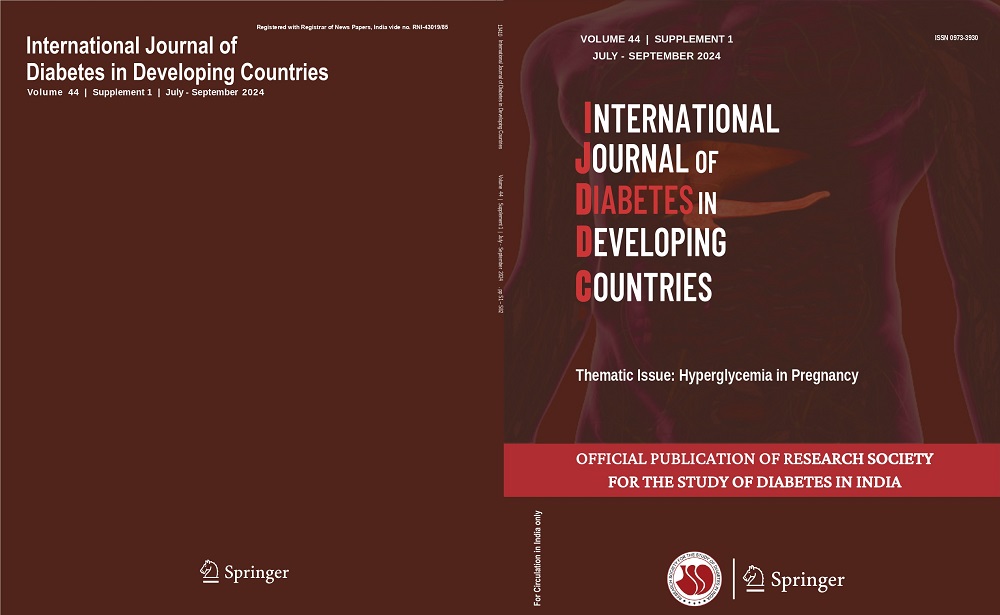S.V.Madhu, M.Aslam, B.K.Mishra, M.Mehndiratta
Keywords
Diabetogenic genes • Diabetes risk • Shift work • PPAR- • TCF7L2
Abstract
Background Rotational night shift work has been shown to be associated with increased risk of diabetes. However, the exact mechanism is not clear. The present study aimed to investigate the expression of TCF7L2 and PPAR-γ genes in healthcare workers with normal glucose tolerance performing rotational night shift duties.
Methods The expression of TCF7L2 and PPAR-γ genes in peripheral blood was compared in two groups (n = 20 each group) of healthcare workers with normal glucose tolerance (NGT). The first group included NGT healthcare workers performing rotational night shift duties. The second group included NGT healthcare workers performing regular day shifts. Blood samples in the study group were collected 1 week after the last night shift to document the long-term effects of night shift work on the expression of TCF7L2 and PPAR-γ genes.
Results The age of study participants in the first group was 29.7 ± 3.92 and in the second group was 29.7 ± 2.23 years. Body mass index was 23.69 ± 2.59 and 24.35 ± 2.82 kg/m 2 in both groups, respectively (p = 0.4). The expression of TCF7L2 gene was found to be 4.6-fold increased in NGT healthcare workers performing rotational night shift duties compared to those performing day shift duties (p = 0.02). The expression of PPAR-γ gene was found to be 3.7-fold decreased in NGT healthcare workers performing rotational night shift duties compared to those performing day shift duties (p = 0.04). The mean duration
of exposure to rotational night shift work was 4.6 years.
Conclusion Rotational night shift work adversely affects the expression of common diabetogenic genes TCF7L2 and PPAR-γ in healthcare workers with normal glucose tolerance. This suggests a possible role for the dysregulation of these genes in shift work associated diabetes risk.




